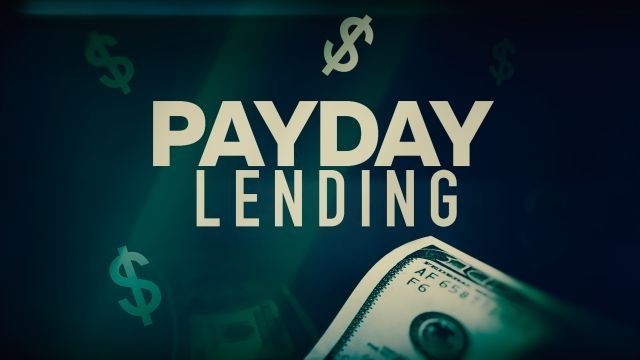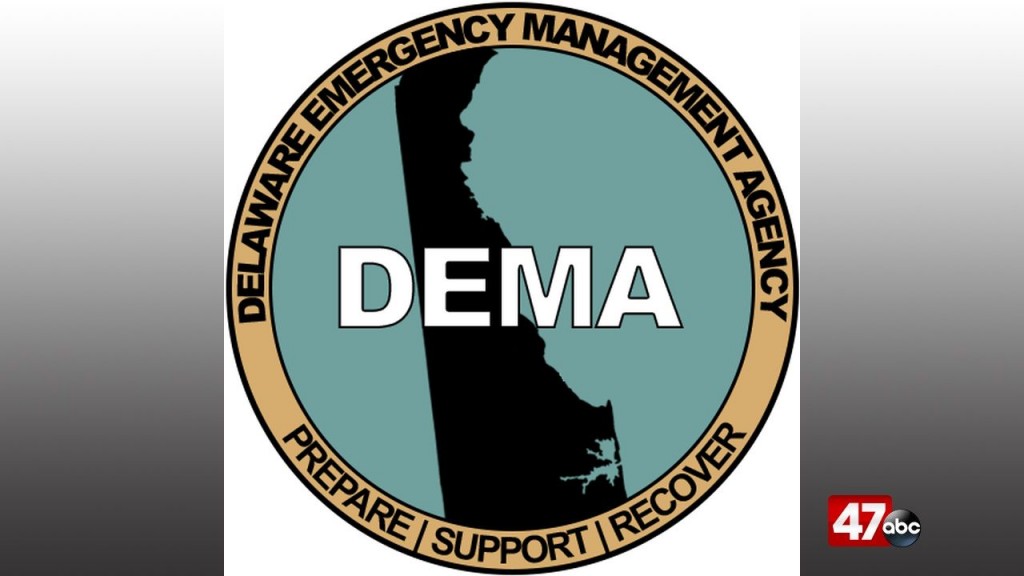Gov. agency cracks down on payday loan “debt traps”

The payday loan industry could be facing an overhaul if a federal regulation is passed.
A proposal to end “debt traps” released Thursday by the Consumer Financial Protection Bureau (“CFPB”) eyes three rules to put in place: making it harder for lenders to re-issue a borrower’s loans, regulating penalty fees, and requiring lenders to verify a borrower’s ability to afford a loan.
The reason behind the CFPB’s proposal is the concern over short-term loans, such as pay-day loans, can drag borrowers into cycle of debt. Verification would be done through what they call a full-payment test.
They’re pointing fingers at high interest rates, which can reportedly carry an average annual percentage rate of around 390 percent.
A prepared statement on CFPB’s website from director Richard Cordray reads in part “Too many borrowers seeking a short-term cash fix are saddled with loans they cannot afford and sink into long-term debt. By putting in place mainstream, common-sense lending standards, our proposal would prevent lenders from succeeding by setting up borrowers to fail.”
Dennis Hopson, a financial advisor with Edward Jones Investments in Salisbury, Maryland, says he’s happy to see federal regulators recognize some people may fall into deep debt; however, he’s not convinced all aspects of the proposal would be helpful to consumers.
“Pie in the sky is what it is,” Hopson tells 47ABC. “If this requirement could make these people have the money that they need, that would be great but it doesn’t do that.”
Hopson argues the proposed rules contradict themselves and the biggest weakness is the full-payment test. The test would require evidence that the borrower makes enough money to afford the loan on top of paying basic living expenses.
“If those folks had that, they won’t be looking for these loans to begin with if they had the requirements saying they need to have,” he says.
In Hopson’s view, responsibility lies in large part of the borrower.
“They should be managing their finances so that they don’t get in a situation like this where they need these short term loans. They really should be managing their own money better than that,” he explains.
As it stands, these rules are merely proposals; however, they are open for comment. People have until September 14 to weigh in once it is uploaded to the Federal Register.
For a full copy of the proposal, click here.


